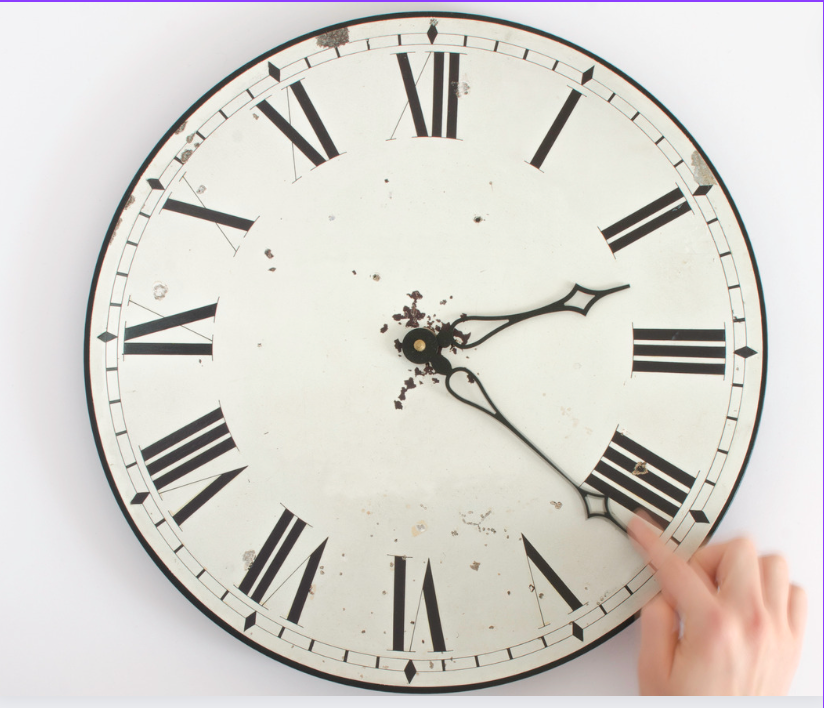Receiving an ADHD diagnosis can be an emotional and challenging experience for many individuals. It's common to go through a range of emotions, including denial, sadness, and confusion. You may find yourself questioning your identity, wondering if what you thought was your personality are actually symptoms of ADHD. This realisation can feel overwhelming, as if a part of your identity is being called into question.
However, it's essential to remember that an ADHD diagnosis is not about stripping away from who you are as a person. Instead, it's about understanding and accepting that your brain works differently, which is a fundamental aspect of your unique identity. Your brain plays a crucial role in shaping who you are, influencing your thoughts, feelings, and behaviours.
We are all unique individuals with our strengths, quirks, and characteristics that make us who we are. An ADHD diagnosis is just one part of a complex and multifaceted personality. It doesn't define you but rather provides insight into how your brain functions differently.
Accepting your ADHD diagnosis can be a journey of self-discovery and self-acceptance. It's an opportunity to learn more about yourself, embrace your strengths, and find strategies to manage challenges associated with ADHD. With time, support, and self-compassion, you can learn to navigate life with ADHD confidently and embrace your unique way of thinking and being. Remember, you are not alone on this journey, and there are resources, support groups, and professionals available to help you along the way.
Here are some practical ways to cope with the emotions and challenges that may arise from receiving an ADHD diagnosis:
Seek Support:Educate Yourself:
Practice Self-Compassion:
Develop Coping Strategies:
Stay Connected:

